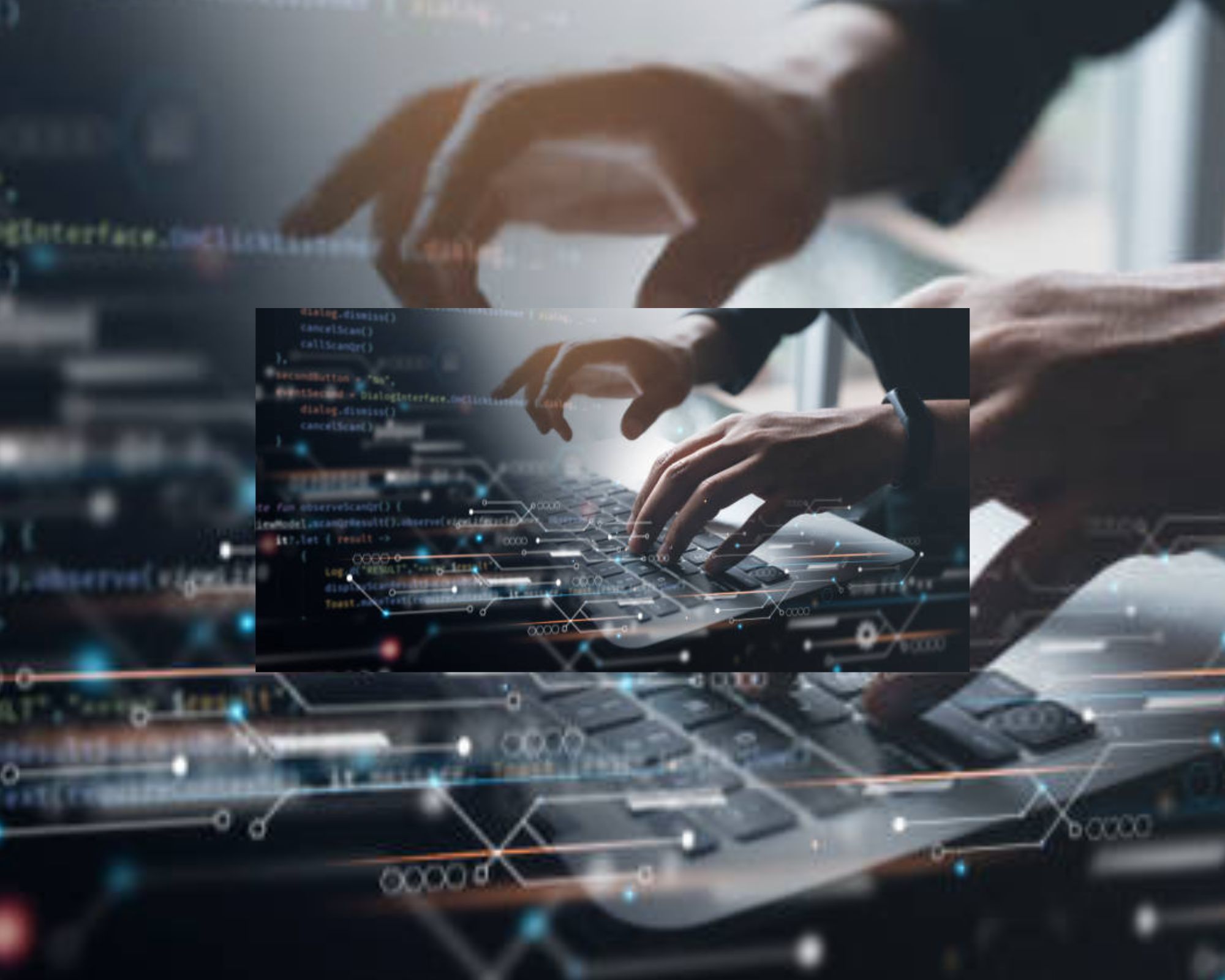Introduction
Information Technology (IT) has become an integral part of our lives, developing the way we work, communicate, and live. In this digital age, IT is the driving force behind progress, innovation, and globalization. This article explores the vast realm of information technology. Its evolution, its impact on various sectors, and its role in shaping the future.
Development of Information Technology
The origins of IT can be traced back to the abacus, the earliest known computing device, developed around 3000 BC. However, the modern era of IT began in the mid-20th century with the arrival of computers. The development of transistors, combined circuits, and chips surfaced the way for the speedy advancement of IT.
I: processors surfaced the way for the speedy advancement of IT.
I: Processer Computers: In the 1950s, Processer computers subjugated the IT scenery. These substantial machines were primarily used by large directions for data processing.
2:Private Computers: The 1970s and 1980s saw the increase of private computers (PCs), making computing available to people. Revolutions like the IBM PC and the Apple Macintosh transformed the industry.
3: Use of the Internet: The 1990s brought the Internet into ordinary use. The World Wide Web (WWW), created by Tim Berners-Lee, transformed the way information was shared and accessed.
4: One Of Mobile Technology: The 21st century observed the detonation of mobile technology, with smartphones becoming universal. Mobile apps and internet access on the go transformed communication and business.
5: Cloud Subtracting: Cloud technology, introduced in the 2000s, allowed businesses to store and access data greatly, plummeting the need for physical organization.
6:Fake Intelligence (FI) and Machine Learning (ML): FI and ML are aggressive in the boundaries of what IT can achieve, enabling tasks like natural language processing, image gratitude, and extrapolative analytics.
II. Impression of Information Technology
It has pervaded every aspect of our lives, transforming industries and reshaping society. Here are some of the key areas where IT has made a substantial impact,
-
- Business and Market: IT has reorganized business operations through the automation of responsibilities, improved data analysis, and improved customer appointments. E- The e-market has rumbled, and businesses trust IT for supply chain management, marketing, and customer service.
- Communication: IT has transformed communication with email, prompt messaging, video conferencing, and social media platforms. The world has become more consistent, and global teamwork is easier than ever.
- Healthcare: Electronic Health Records (EHRs), telemedicine, and AI-driven diagnostics have enhanced patient care and made healthcare more effective. It has played a crucial role during the COVID-19 pandemic in tracking and managing the virus.
- Education: Online learning platforms, digital textbooks, and educational software have transformed the way we learn. It has made education accessible to people worldwide, regardless of geographical location.
- Entertainment: The entertainment industry has seen a digital rebellion with streaming services, and online gaming. and virtual reality experiences, providing customers with more choices and immersive entertainment.
- Administration and Public Services: The Administration uses IT to improve public services, streamline government, and improve citizen engagement. E-government creativities have made it easier for citizens to access government services online.
- Transference: IT plays a central role in transference management, from GPS triangulation to traffic monitoring and autonomous vehicles, promising safer and more efficient transportation systems.
III.Contests and Concerns
- While IT has brought about numerous benefits, it also faces significant challenges and concerns,
- Secrecy and Security: With the increasing amount of data being collected and stored digitally, apprehensions about secrecy and cybersecurity have grown. Data openings and identity theft are constant intimidations.
- Digital Divide: Not everyone has equal access to IT resources, leading to a digital divide that exacerbates societal inequalities.
- Job Displacement: Automation and AI have the potential to displace certain jobs, requiring reskilling and adaptation by the workforce.
- Ethical Dilemmas: The development of AI and ML technologies has raised ethical questions about bias, transparency, and accountability.
- Environmental Impact: The IT industry’s energy consumption and electronic waste are significant environmental concerns. Green IT initiatives are seeking to address these issues.
The Future of Information Technology
As IT continues to evolve, the forthcoming holds exciting potential,
- 5G and Outside: The rollout of 5G networks will enable faster and more consistent internet connections, simplifying revolutions like the Internet of Things (IoT) and increased reality (AR).
- Significant Computing: Significant computers have the probability to solve complex problems at speeds inconceivable with classical computers, transforming fields like cryptography, drug discovery, and climate modeling.
- Superiority Computing: Superiority computing will bring processing power closer to the data source, reducing latency and enabling real-time applications in numerous industries.
- Biotechnology and IT: The convergence of IT and biotechnology will lead to revolutions in healthcare, genetic research, and personalized medicine.
- Sustainability: The IT industry will continue to work on sustainable practices, reducing its carbon footprint and contributing to environmental conservation.
Conclusion
Information Technology has come a long way from the abacus to the quantum computer. Its impact on our lives is undeniable, and its potential for shaping the future is boundless. However, with great power comes great responsibility. It is crucial to address the challenges and concerns associated with IT while harnessing its capabilities for the betterment of humanity. As we continue down the digital path, one thing is certain: Information Technology will remain at the heart of innovation and progress for generations to come.
